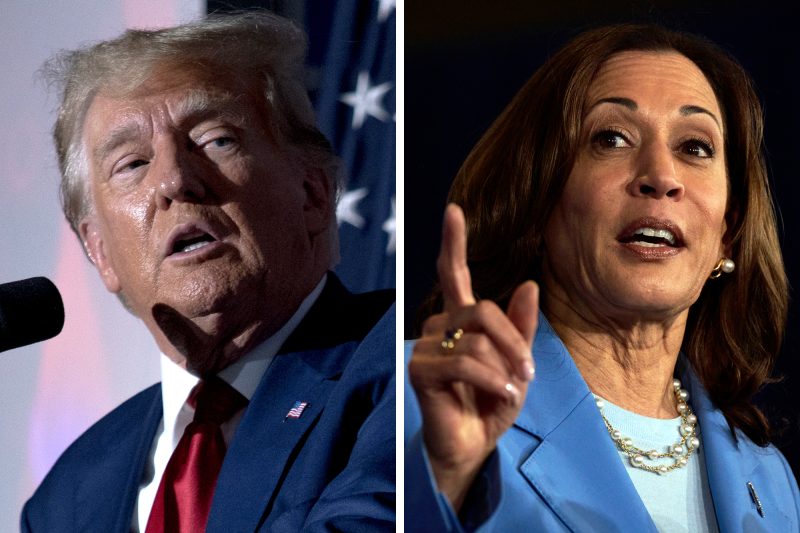In recent weeks, President Trump has intensified his outreach efforts towards black voters as the November elections draw near. However, his efforts have faced a new challenge with the selection of Senator Kamala Harris as the Democratic vice-presidential nominee.
President Trump has been making concerted efforts to appeal to black voters by highlighting criminal justice reform, economic opportunities, and support for historically black colleges and universities (HBCUs). His administration’s support for the First Step Act, which aims to reduce mandatory minimum sentences for nonviolent offenders, has been a significant point of emphasis in his outreach.
Furthermore, President Trump has often pointed to the record-low unemployment rates for African Americans before the COVID-19 pandemic as evidence of his administration’s commitment to creating economic opportunities within the black community. This message has resonated with some black voters who prioritize economic issues in their voting decisions.
The Trump campaign has also made targeted efforts to engage with HBCUs, with the president signing legislation that increased funding for these institutions. By emphasizing his support for HBCUs, President Trump has sought to build goodwill within the black community and highlight his administration’s commitment to education equality.
However, the selection of Senator Kamala Harris as Joe Biden’s running mate presents a new challenge for President Trump in his efforts to appeal to black voters. Harris, the first black woman and person of Indian descent to be nominated for vice president by a major party, has a strong record on racial justice issues and has been a vocal critic of the Trump administration’s policies.
Harris’ presence on the Democratic ticket may energize black voters who are looking for a candidate with a strong stance on social justice issues and a commitment to addressing systemic racism. Her personal story and background may also resonate with black voters who are seeking representation at the highest levels of government.
In response to Harris’ nomination, President Trump has sought to paint her as phony and has criticized her record as a prosecutor. This aggressive approach may not be as effective in appealing to black voters who are looking for substantive policy proposals and a vision for addressing the challenges facing their communities.
As the election draws near, both President Trump and Senator Harris will continue to make their case to black voters across the country. President Trump’s outreach efforts have focused on highlighting his administration’s accomplishments and engaging with key institutions within the black community, while Senator Harris will likely emphasize her record on social justice issues and her vision for creating a more equitable society. The choice between the two candidates will ultimately come down to which message resonates most with black voters and addresses their priorities and concerns.




























